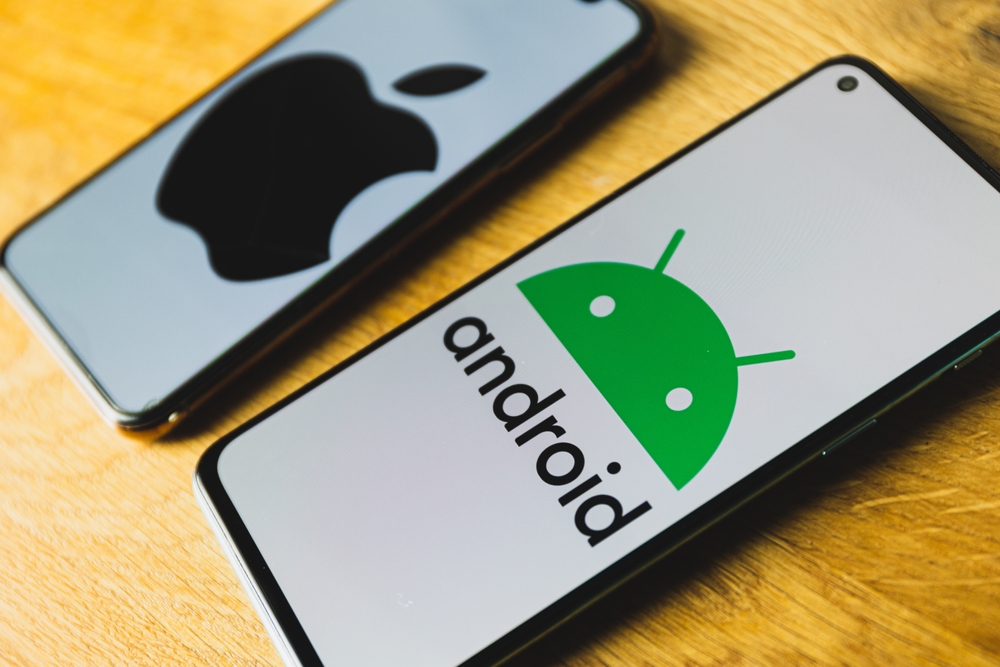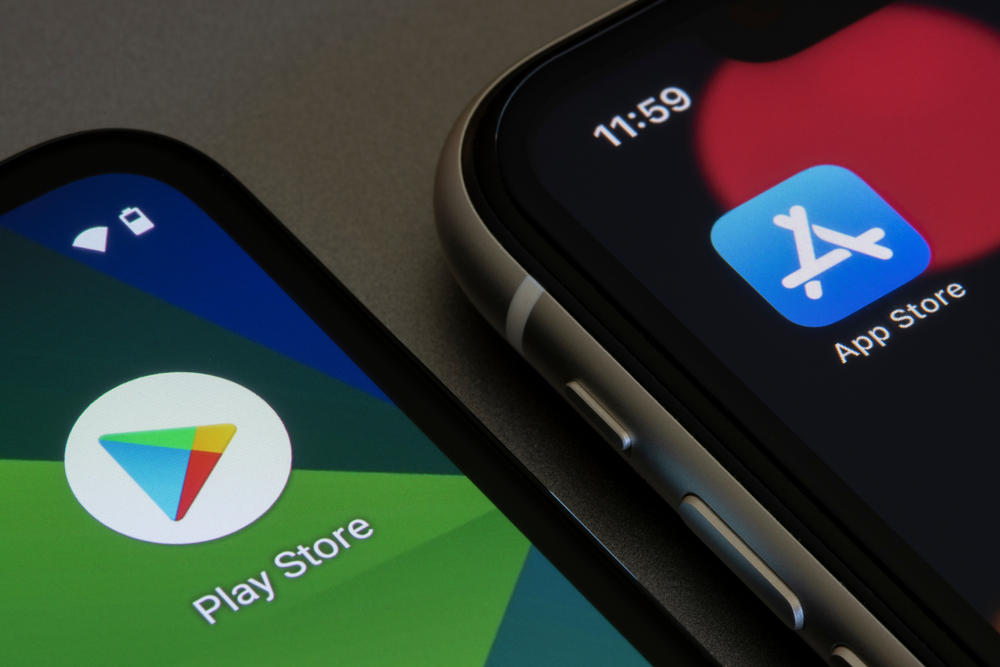
Mastering Mobile App Marketing: Expert Tips and Promotion Hacks

Introduction
In today's tech-savvy world, mobile apps have become an integral part of our daily lives. Whether it's for entertainment, productivity, or connecting with others, there seems to be an app for everything. With millions of mobile apps available in app stores, developers face fierce competition to get their app noticed and downloaded by users. This is where mobile app marketing plays a crucial role. In this article, we will explore expert tips and promotion hacks to help you master mobile App Store or Google Play app marketing and grow your user base.
1. Define Your Target Audience
Before diving into the marketing strategies, it's essential to have a clear understanding of your target audience. Identify the demographics, interests, and pain points of your potential users. This will allow you to tailor your marketing efforts to reach the right people. Conduct market research and analyze competitor apps to gain insights into your target audience's preferences and behavior.
2. Create a Captivating App Store Listing
A well-optimized app store listing is key to attracting potential users. Start with a compelling app name that reflects its purpose and stands out from the crowd. Write a concise and informative app description, highlighting its unique features and benefits. Use relevant keywords strategically to enhance discoverability. High-quality screenshots and an engaging app icon contribute to a visually appealing listing. Encourage user reviews and ratings to build credibility and social proof.
3. Leverage Social Media Platforms
Social media platforms offer a vast pool of potential users waiting to discover your mobile app . Create profiles on platforms like Facebook, Twitter, Instagram, and LinkedIn to engage with your target audience. Share relevant content, including app updates, new features, and user testimonials. Run targeted ad campaigns to increase app awareness and drive downloads. Collaborate with influencers or relevant communities to amplify your reach. Social media also provides an avenue for user feedback and support.
4. Implement App Store Optimization (ASO)
App Store Optimization (ASO) is the process of optimizing your app's visibility in the app stores' organic search results. Optimize your app's metadata based on keyword research to improve its ranking for relevant searches. Pay attention to the title, keywords, and description, incorporating keywords naturally without keyword stuffing. Keep an eye on app store algorithm updates and adapt your strategy accordingly. Regularly monitor and analyze your app's performance using ASO tools to identify areas for improvement.
5. Offer a Freemium Model
Many successful mobile iOS or Android app s offer a freemium model, which allows users to download the app for free but offers additional features or content through in-app purchases or subscriptions. This model enables users to experience the app's value before committing to a purchase. It's crucial to strike a balance between providing enough value in the free version to retain users and offering attractive premium features to incentivize conversions. Use push notifications or email marketing to promote upgrades and engage with users.
6. Engage in Content Marketing
Content marketing can effectively showcase your app's value and establish your brand as an industry expert. Create high-quality blog articles, videos, infographics, and tutorials related to your app's niche. Optimize your content with relevant keywords to attract organic traffic. Guest posting on relevant websites and collaborating with influencers can expand your reach and drive more traffic to your app. Encourage user-generated content, such as app reviews or user stories, to foster a sense of community and authenticity.
7. Implement Referral Programs
Word-of-mouth recommendations can significantly impact your app's growth. Implement a referral program that incentivizes your existing users to refer their friends and family. Offer rewards, such as in-app currency, exclusive features, or discounts, to both the referrer and the person being referred. Make it easy for users to share your app with their contacts through social media sharing buttons or personalized referral links. Referral programs harness the power of social connections and help expand your user base organically.
8. Optimize User Experience (UX)
Providing an exceptional user experience is crucial for mobile Android or iOS app success. Invest in intuitive app design, ensuring a smooth and seamless user journey from onboarding to app usage. Implement user feedback mechanisms, such as surveys or in-app feedback forms, to gather insights for continuous improvement. Regularly update your app with bug fixes and feature enhancements to maintain user satisfaction. Remember, happy users are more likely to recommend your app to others.
Frequently Asked Questions (FAQs):
1. How long does it take to see results from mobile app marketing efforts?Answer: The timeline for seeing results varies depending on multiple factors, such as the app niche, competition, marketing strategies, and overall app quality. Generally, it takes consistent and strategic marketing efforts over a few weeks to several months to start witnessing significant results.
2. Should I focus more on organic app installs or paid user acquisition?
Answer: It's advisable to strike a balance between organic and paid user acquisition. While organic installs are desirable for long-term growth, paid user acquisition campaigns can give your app an initial boost and help overcome the initial visibility challenge.
3. How can I effectively measure the success of my mobile Google Play or App Store app marketing campaigns?
Answer: Utilize mobile app analytics tools like Firebase, Google Analytics, or Mixpanel to track key performance indicators (KPIs) such as app downloads, retention rates, user engagement, and conversion rates. Regularly analyze the data to understand the effectiveness of your marketing efforts and make data-driven decisions.
4. What are the best channels for promoting my mobile app?
Answer: The choice of promotion channels depends on your target audience and budget. Social media platforms like Facebook, Instagram, and Twitter are popular choices. However, consider exploring niche-specific forums, influencer collaborations, content marketing, and app review websites for additional exposure.
5. How often should I update my mobile app?
Answer: Regular updates are critical to maintaining a positive user experience and addressing any issues or bugs. The update frequency can vary based on user feedback, feature enhancements, and overall app stability. Aim for timely releases to keep users engaged and satisfied.
Conclusion
Mastering mobile app marketing requires a combination of strategic planning, continuous optimization, and creative thinking. By defining your target audience, optimizing your app store listing, leveraging social media platforms, implementing ASO techniques, and engaging in content marketing, you can boost your app's visibility, attract more users, and maximize your chances of success. Remember to provide an exceptional user experience and actively seek user feedback to continuously improve your app. With the right strategies and promotion hacks, your mobile app can stand out in the crowded app stores and thrive in the competitive mobile landscape.
Note: This blog article contains 1064 words.
Other useful resources
- https://www.appguru24.com/services/app-developer/
- https://www.appguru24.com/services/
- https://simple.wikipedia.org/wiki/App_Store_(iOS)
- https://www.appguru24.com/services/app-development/
- https://www.appguru24.com/android-app-promotion/